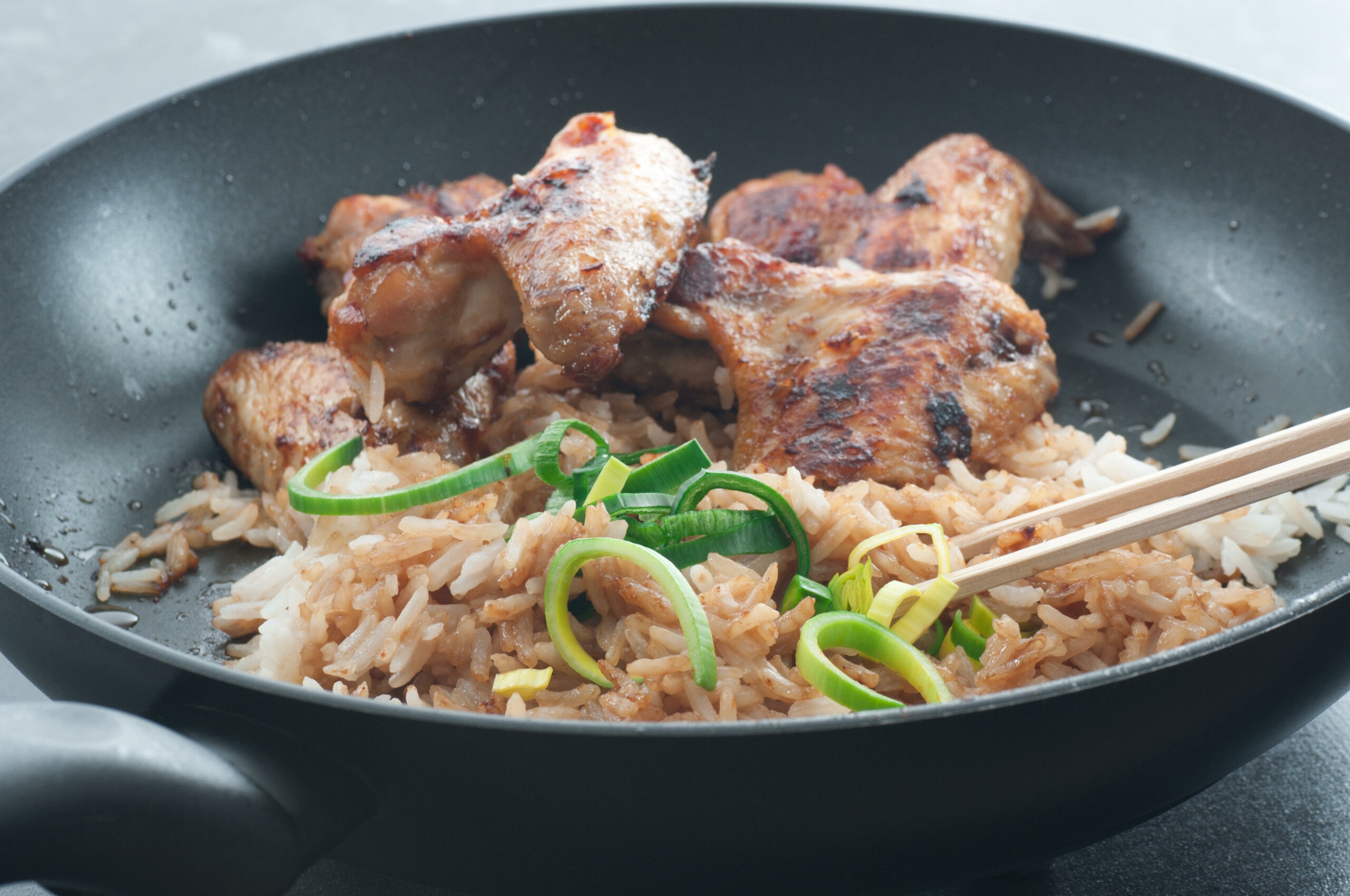Uncategorised
Is cooking good for mental health? Benefits for depression and anxiety sufferers revealed
12 Dec 2020
3m
Cooking is said to be good for your mental health.
To those brought up on a diet of Masterchef, Chopped and Gordon Ramsay, the kitchen might not seem the most naturally therapeutic environment.
Even for the most stalwart of cooks, angry swearing Scotsmen are enough to reduce anyone to tears.
But domestic kitchens can be an essential oasis of calm for anyone struggling with their mental health.
Is cooking good for mental health?
All cooking is inherently mindful. Preparing produce, measuring ingredients and immersing yourself in a recipe is, for a great many people, one of the most effective ways to unwind and relax.
Speaking from personal experience, making food is about more than nourishing the body. The brain needs some love too.
READ MORE: Is coffee bad for you?
Until recently, the therapeutic qualities of cooking were largely individual.
If you happened to discover the potential mental health benefits by yourself, you were one of the lucky ones. There was little professional advice linking food to mental wellbeing, beyond the long established relationship with nutrients and diet.
Now, this is starting to change.
Watch Prince Harry and Ed Sheeran team up in sketch for World Mental Health Day:
Cooking can help with depression, anxiety and grief
An increasing number of organisations have committed themselves to establishing cooking as a prescriptive therapy treatment.
This new Culinary Arts Therapy (CAT) movement is winning recognition around the world.
READ MORE: 7 causes for loss and changes in taste
Now, more people than ever are beginning to recognise the value of spending time at the stove.
Therapists and clinics are starting to agree that cooking can be used to treat a variety of different patients. This ranges from people who struggle with substance abuse, to those living with eating disorders.
According to leading CAT advocate Julie Ohana, it is most effective in treating those suffering from “depression, anxiety and grief”. In an interview conducted with the Huffington Post last year, Ohana said: “The ability to step outside of certain thoughts or actions, even if it is just for an hour or so can provide tremendous relief.”
 Cooking can help boost mental health (Credit: Alamy/Ockra)
Cooking can help boost mental health (Credit: Alamy/Ockra)
Mental health benefits of cooking
Despite CAT’s ever-increasing popularity, the actual science behind the notion of “cooking as medicine” is still a little sketchy.
Reporting in the Wall Street Journal, writer Jeanne Whalen wrote that a study from the UK showed that a class of students in a mental health clinic saw their self confidence and mental wellbeing improve after participating in baking lessons. Though this research was by no means conclusive, it does at least seem to offer some support to the CAT model.
READ MORE: Does salad make you sleepy? Lettuce has surprising side-effects
For the first time as a society, we are beginning to fully appreciate the raft of mental health challenges that we all face each and every day. Mental wellbeing is slowly moving away from a social taboo and towards a respected and valued part of modern life.
It’s becoming clear to everyone that staying mentally well is just as important as being physically healthy. For some, cooking will be the last thing that will help. For others, however, it might be what makes the difference between suffering in silence and starting on the road to recovery.
What is clear is that food is becoming increasingly important, in more ways than one.



